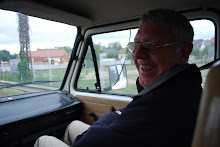
·
Because of the legacy of communism and upon Romania’s entrance into the EU, elderly people comprise the majority in rural Romanian communities.
Tens of thousands of youngsters leave their homes in rural Romania in search of better opportunities in bigger Western cities, mostly England and the United States. Although this problem is intensifying, it is not a new phenomenon. Many of these young people leave for temporary summer trips and choose to never return, an illegal choice they are frequently willing to make.
During the Communist era, in an attempt to industrialize Romania, people were forced from their rural habitats into city factories. After the fall of Communism, people did not return to these rural communities because they had lost their agricultural roots and the knowledge of farming.
High unemployment abounds in these rural villages. Much of the land is worked by large corporations or by the state making it nearly impossible for small-scale farmers to farm for profit. Historically, Romanian farmers could support themselves financially, and now their small gardens only exist to feed their families.
Empty villages also mean empty pews. Beautiful church buildings, once home to thriving congregations, now stand stark and empty. While these buildings continue to be nationally and culturally meaningful for the communities, they have become something of a burden for the small, dying congregations. Yet, the emotional connection to such buildings outweighs any rational reasons to sell or destroy because of fallen numbers. Thus, magnificent church structures stand cold and empty, symbols of pervasive and damaging legacy of Communism.
Jenna, Alison, Stephanie, Debbie

No comments:
Post a Comment